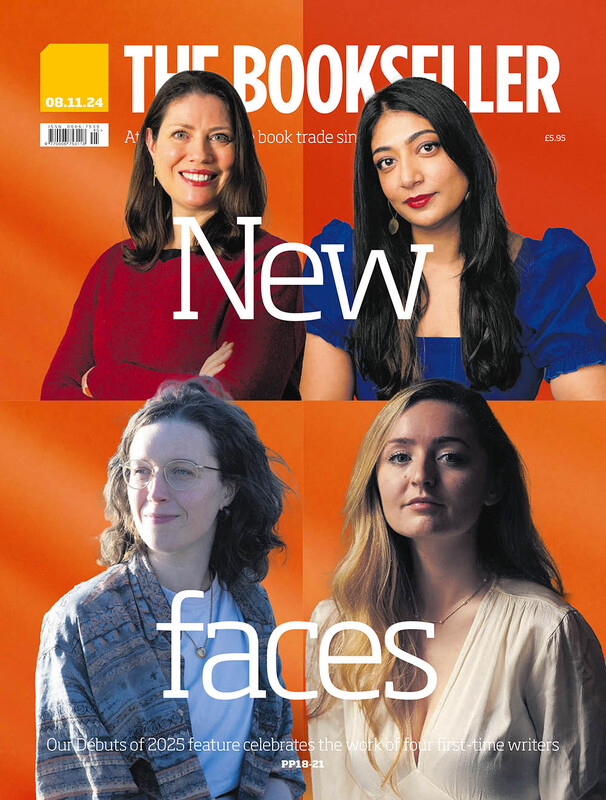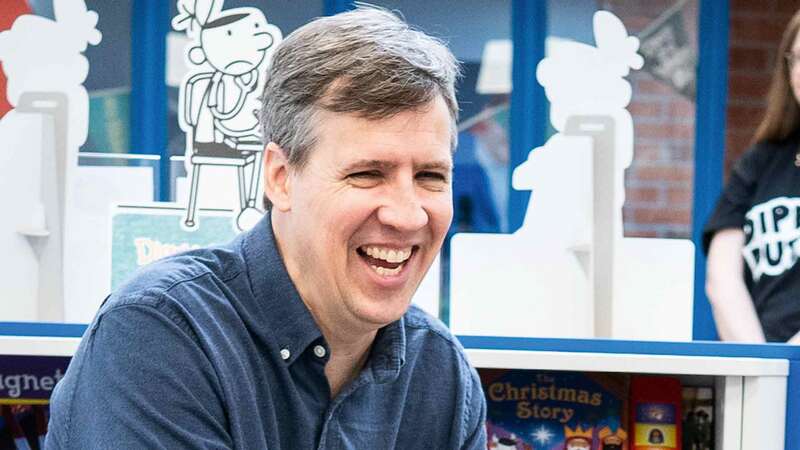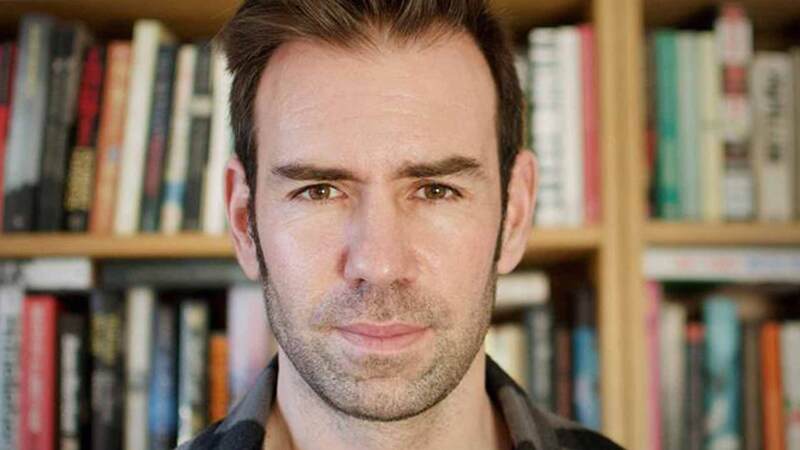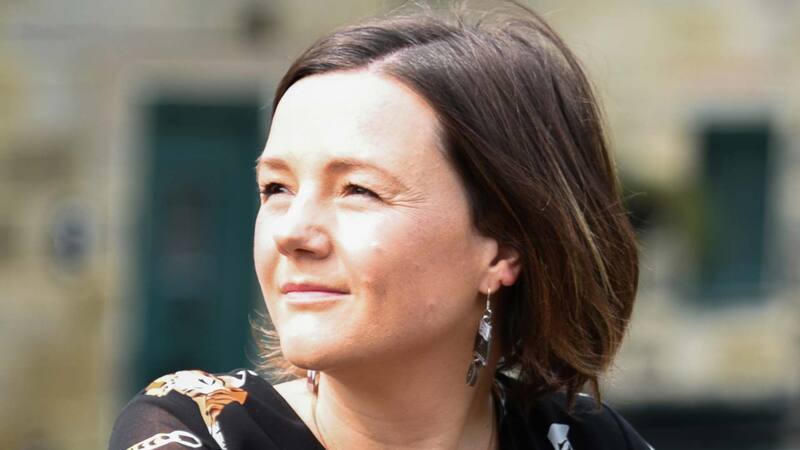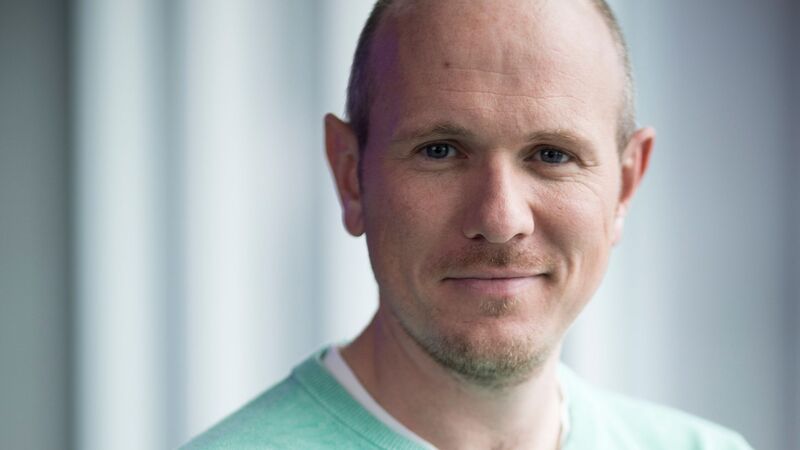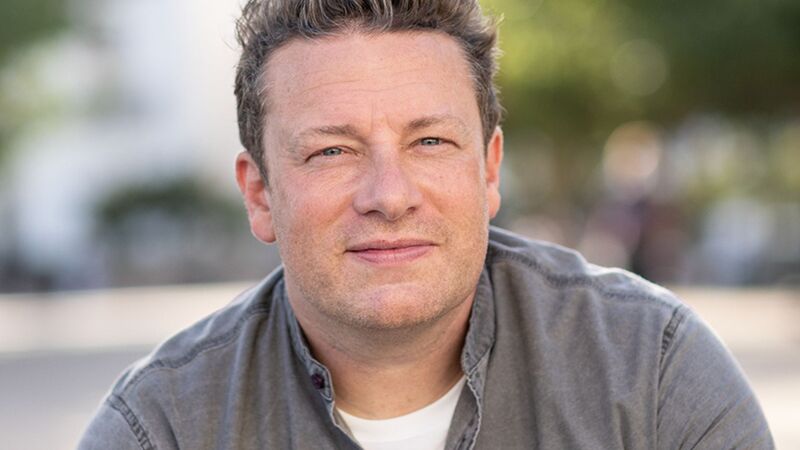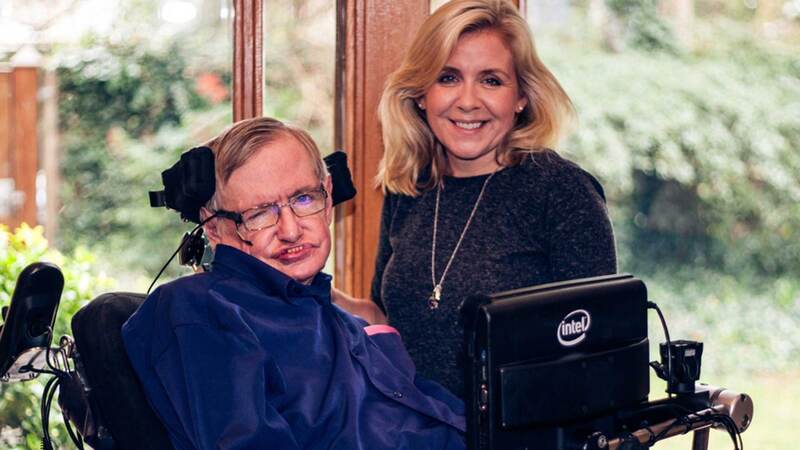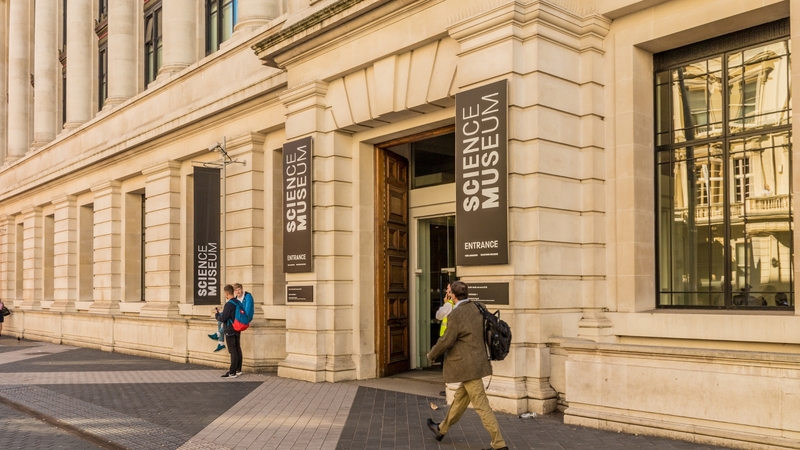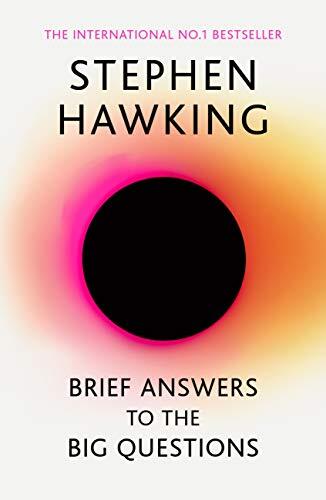You are viewing your 1 free article this month. Login to read more articles.
Stephen Hawking's office and archive saved for the nation
Stephen Hawking’s office and archive, including a first draft of A Brief History of Time (Bantam), have been saved for the nation by Cambridge University Library and the Science Museum Group.
The two institutions acquired his archive papers and personal objects following an acceptance in lieu agreement between the university, the Science Museum and the UK government. The entire contents of Hawking’s office will be preserved as part of the Science Museum group collection, with selected highlights going on display at the Science Museum in 2022.
The aquisition includes personalised wheelchairs, letters and scientific bets signed with Hawking's thumbprint as well as a first draft of A Brief History of Time and his scripts from "The Simpsons".
Also included is a large collection of photographs, papers and correspondence showing how, from his home in Cambridge, he communicated with popes, US presidents and leading scientists of the age, including Nobel Prize winners Kip Thorne and Roger Penrose.
Announcing the acquisition, Culture Minister Caroline Dinenage said: “Stephen Hawking’s incredible discoveries made an unforgettable impact on the world. The Science Museum and Cambridge University Library are fitting homes for his lifetime of work on the frontier of modern science. Thanks to the generosity of his family, this extraordinary collection can now be displayed to the public where it will inspire curious minds for years to come.”
The University of Cambridge is also launching a fundraising drive to complete the painstaking work of conserving and cataloguing the archive to ensure that members of the public are given the same opportunity to engage with the archive through a programme of exhibitions, events and digitisation in the Cambridge Digital Library, where Hawking’s work will be featured side by side alongside Isaac Newton and Charles Darwin.
The work to make Professor Hawking’s Cambridge archives available to all follows in the footsteps of the now famous 2017 digitisation of his PhD thesis, which crashed the university library’s servers following unprecedented global demand to view and download his 1965 Cambridge doctoral research. At the time, Professor Hawking said: "Anyone, anywhere in the world should have free, unhindered access to not just my research, but to the research of every great and enquiring mind across the spectrum of human understanding."
His children Lucy, Tim and Robert Hawking said: “We are very pleased that these two important institutions will preserve our father’s life's work for the benefit of generations to come and make his legacy accessible to the widest possible audience. Our father strongly believed that everyone should have the chance to engage with science so he would be delighted that his legacy will be secured by the Science Museum and Cambridge University Library.
“Our hope is that our father's scientific career will continue to inspire generations of future scientists to find new insights into the nature of the universe, based on the outstanding work he produced in his lifetime.
“For decades, our father was part of the fabric of life at Cambridge University and was a distinguished fellow of the Science Museum so it seems right that these relationships, so dear to him and us, will continue for many more years to come.”

